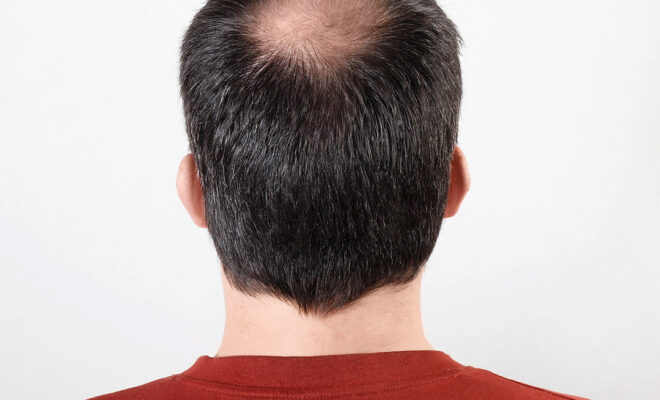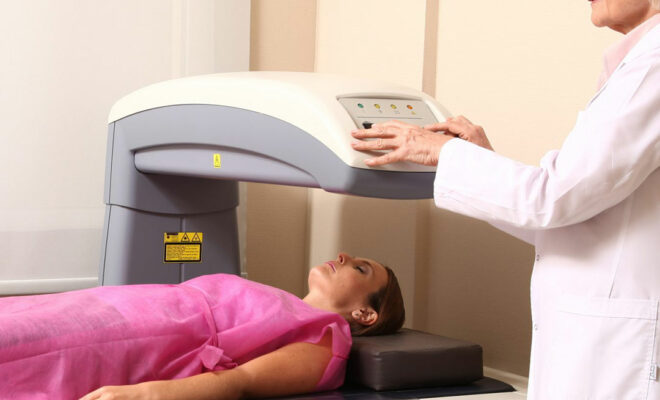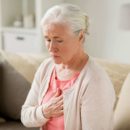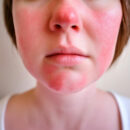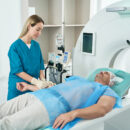What is Osteoporosis (Bone Loss)?
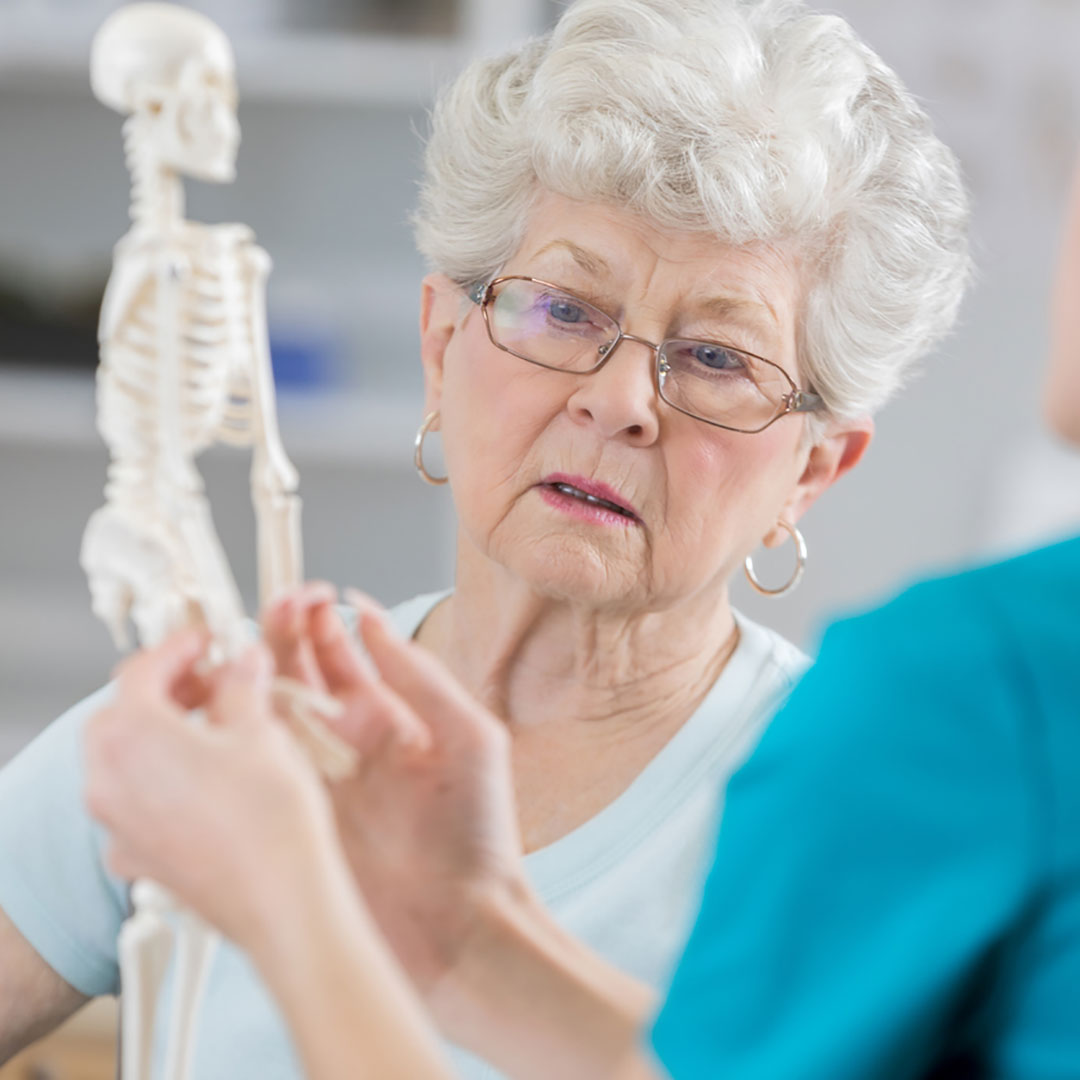
Osteoporosis is a condition that increases with aging, especially in both men and women, and is a condition of weakness in the bones and susceptibility to fractures. It is quite common. Its frequency increases with aging, and it may develop in the young-adult age group.
osteoporosis; It is a silent disease and may not show symptoms until the first fracture occurs, and fracture may be the first symptoms of minor injuries such as falling. Most fractures occur in the spine, wrist and hip. The aim of the treatment of osteoporosis is to prevent the development of fracture. Bone tissue is a tissue that constantly renews itself; but when osteoporosis occurs, the bone loses its ability to regenerate and new bone cannot be produced. Especially in the 50s, bone destruction begins. This causes thinning and instability in the bone structure.
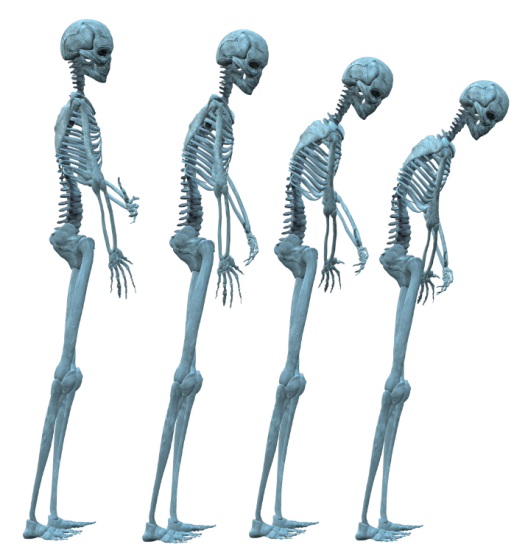
Who Gets Osteoporosis?
Osteoporosis affects men and women of all ages and all ethnic groups. Over the age of 50, osteoporosis and related fractures are more common. Although osteoporosis is usually a disease of women, it can also be seen in men. Until the age of 20-25, bones store the calcium taken with food. In the 30s, bones reach their peak mass. After the age of 40, bone mass begins to decrease gradually. Bone loss increases in women, especially after menopause.
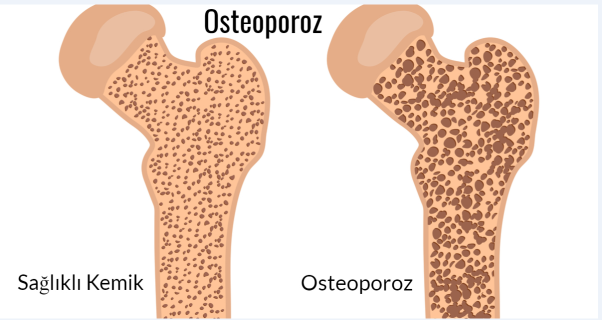
Osteoporosis Occurrence and Causes
- The risk of osteoporosis increases with age
- In postmenopausal women ( 5 years on average if not taking hormone replacement therapy after menopause, 10 years if taking it) , in men over 70 years of age
- History of fracture after age 40 without trauma or with minor trauma
- Low estrogen levels in women, low testosterone levels in men
- Low body weight in men and women
- Eating disorder; such as anorexia nervosa, bulimia
- Smoking and alcohol habits
- Sedentary lifestyle or inactivity
- History of osteoporosis and/or fracture in a first-degree relative
- Presence of certain diseases: endocrine (hormone) diseases (such as hyperthyroidism, hyperparathyroidism, Cushing's disease), inflammatory bowel diseases, celiac disease, chronic obstructive pulmonary disease, asthma bronchiale, hyperparathyroidism, hyperthyroidism, inflammatory bowel disease, kidney stone disease, rheumatoid arthritis disease, cancer,
- Continuous use of some drugs: Epilepsy drugs, Some drugs used for breast cancer, Cortisone, Proton pump inhibitors, Selective serotonin reuptake inhibitors, Thyroid hormone therapy, Lithium, Methotrexate, Antacids
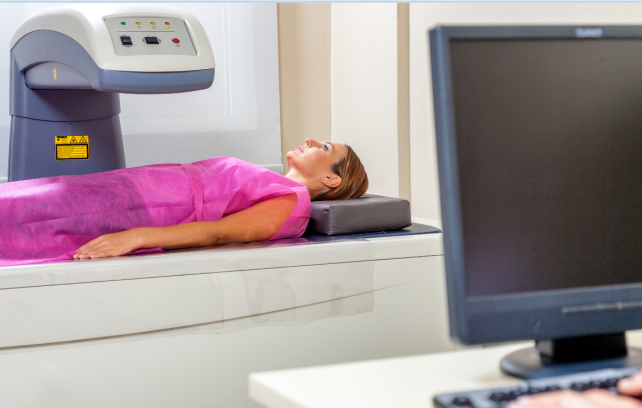
How Is Osteoporosis Diagnosed?
DEXA bone densitometry is used in the diagnosis of osteoporosis. Osteoporosis is a disease caused by calcium loss, which causes bones to become thinner and more fragile. DEXA reveals the risk of breaking bones. If your bone density is found to be low, a treatment plan is applied to prevent bone fractures. DEXA is also effective in evaluating the response to treatment in osteoporosis and other conditions leading to bone loss.
How Is Osteoporosis Treated?
The aim of the treatment of osteoporosis; It is to prevent bone loss in order to prevent the development of the disease and reduce the risk of osteoporotic fractures. The treatment chosen should be appropriate to the patient's medical needs and lifestyle. Different types of drugs are used in the treatment of osteoporosis. Bisphosphonates are first-line drugs with proven efficacy to reduce the risk of vertebral, hip and nonvertebral fractures. The bisphosphonates approved by the US Food and Drug Administration (FDA) for use in the prevention and treatment of osteoporosis are alendronate, ibandronate, risedronate and zoledronic acid.
In addition to drug therapy, calcium and vitamin D supplements may also be recommended.
Doctors recommend physical activities, taking into account the lifestyle factors of the patients.
Regularly doing weight training, doing sports such as tai chi and yoga that improve postural balance and prevent falling are very beneficial for health. Walking is always recommended.

The best treatment for your bone health is prevention.
- Get 15 minutes of sun every day for vitamin D. The bone system cannot tolerate vitamin D deficiency.
- Do not neglect protein, use foods such as fish, chicken, red meat, beans regularly.
- Consume yogurt and cheese daily.
- Get enough vitamin C.
- Reduce your alcohol consumption.
- Don't overdo it on coffee.
- Do not smoke.
- Do not gain weight.
- Don't be too weak.
- Take regular walks 3-4 days a week. Do not neglect sports and exercise.
- Avoid excessive sports after age 45.
- Take care of your foot health and wear suitable shoes for your feet.

Phone: +90 392 444 ELITE (3548)
WEB: www.elitenicosia.com
FACEBOOK : facebook.com/elitehospitalcyprus
E-mail: info@elitenicosia.com

